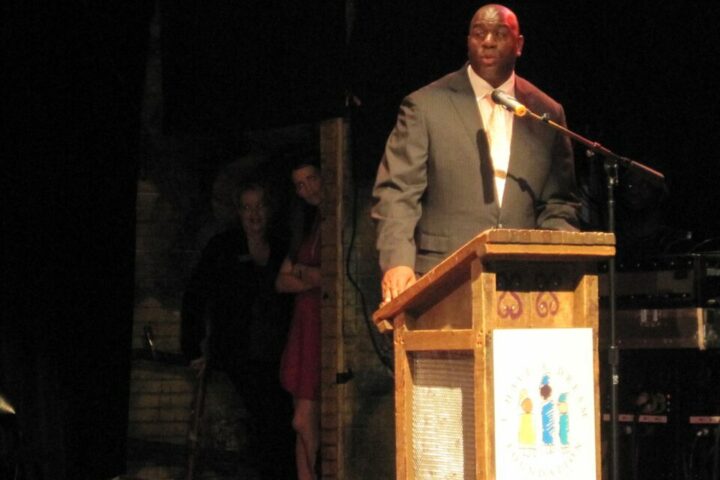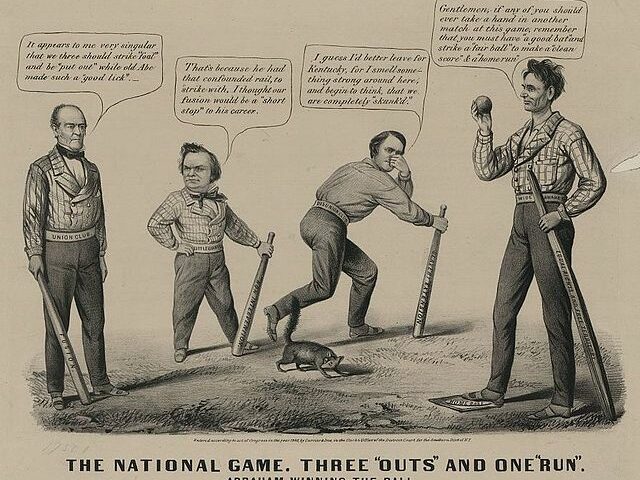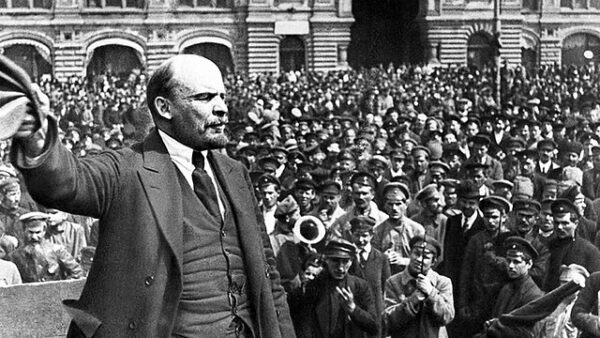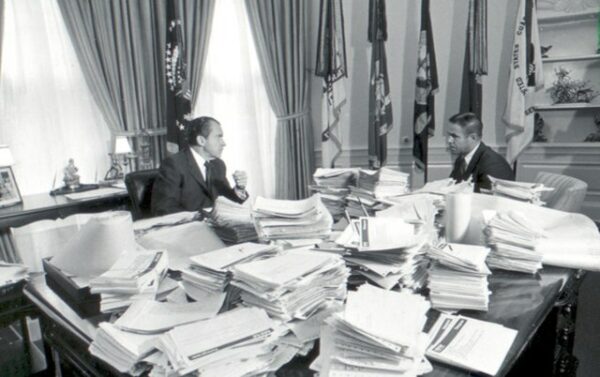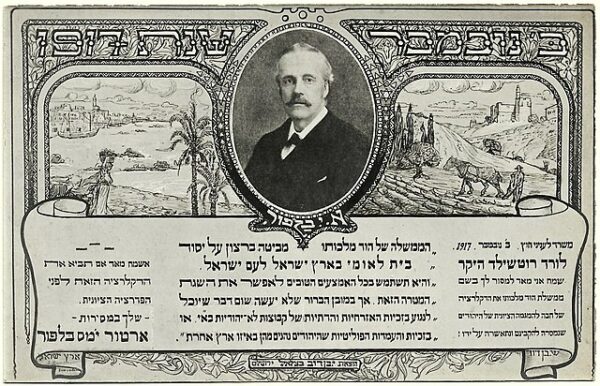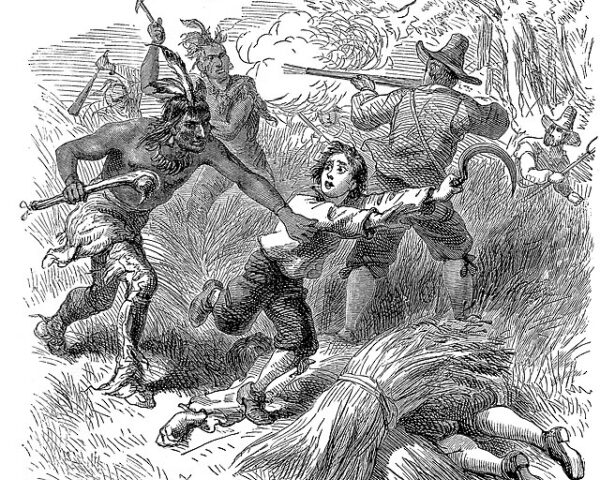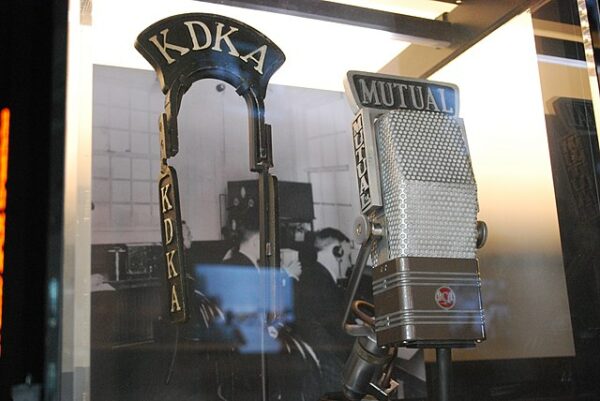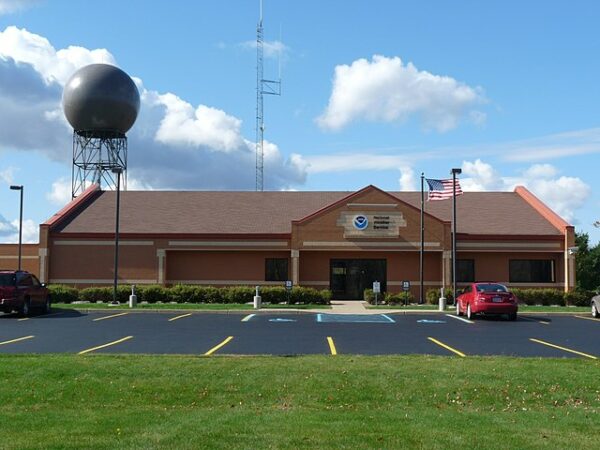Thirteen minutes. On the night of November 8, 1939, while Munich’s old Bürgerbräukeller echoed with the loyalist cheers of Nazi Party faithful commemorating the sixteenth anniversary of the Beer Hall Putsch, Adolf Hitler slipped out of the hall thirteen minutes earlier than scheduled—a minor…
Read MoreOn November 7, 1991, Earvin “Magic” Johnson stepped to a podium in Los Angeles and delivered a statement that reshaped not only his own life, but the public understanding of HIV/AIDS in America. One of the most charismatic and dominant players in NBA history,…
Read MoreAbraham Lincoln’s election on November 6, 1860, signaled more than a partisan win; it signaled a stunning blow against the proslavery movement that had long held power over the United States. In a republic strained by the question of slavery’s expansion—an argument that had…
Read MoreOn November 5, 1917 (New Style; October 23 by Russia’s Old Style calendar), Vladimir Lenin pressed his case for an immediate armed uprising, transforming months of revolutionary agitation into a concrete timetable. Bolshevik power in Petrograd had grown rapidly since the summer: factory committees…
Read MoreOn November 4, 1962, the United States concluded Operation Fishbowl, a high-altitude nuclear testing series that pushed the limits of Cold War science—and brought the world to the brink of a new understanding of both atomic power and restraint. The series, conducted over the…
Read MoreOn the evening of November 3, 1969, President Richard M. Nixon delivered one of the most consequential speeches of his presidency—a direct appeal to what he famously called the “silent majority” of Americans. Speaking live from the Oval Office, Nixon sought to rally public…
Read MoreOn November 2, 1917, amid the upheaval of the First World War, the British government issued a letter that would alter the course of modern history—the Balfour Declaration. In just sixty-seven words, Britain became the first great power to formally endorse the establishment of…
Read MoreAs cold winds swept across New England, the uneasy peace between the English colonists and the region’s Native nations finally broke apart. On this day, Plymouth Colony governor Josiah Winslow led a combined colonial militia into the field against the Narragansett, marking a critical…
Read More“This is KDKA of the Westinghouse Electric and Manufacturing Company in East Pittsburgh, Pennsylvania. We shall now broadcast the election returns. We are receiving these returns through the cooperation and by special arrangement with the Pittsburgh Post and Sun. We’d appreciate it if anyone…
Read MoreOn the morning of November 1, 1870, a terse telegraph message pulsed across the new wires of the Western Union system from Washington, D.C. It marked a small beginning for something that would come to shape daily life, commerce, and national safety for generations:…
Read More


